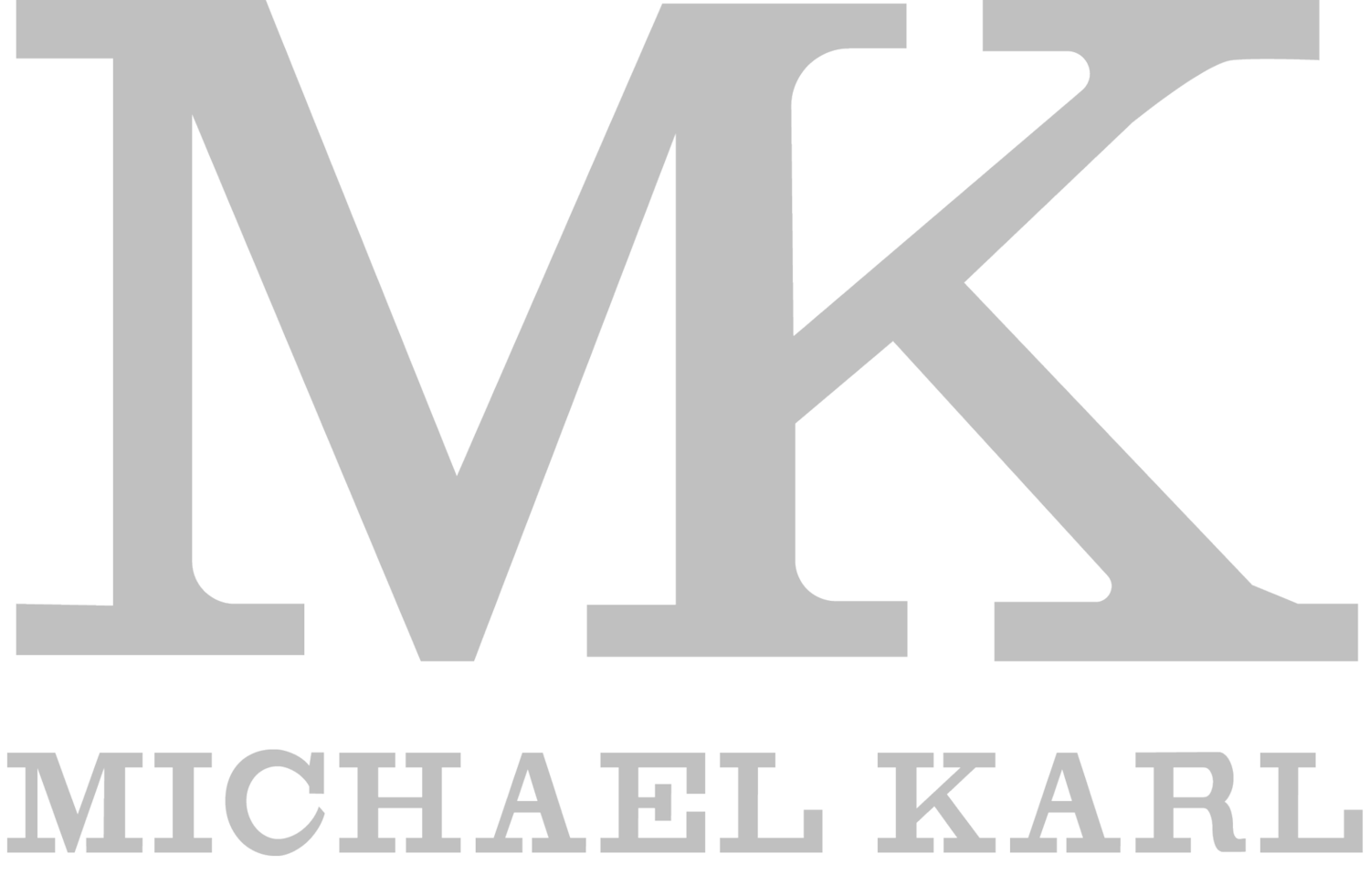In an age of constant digital distractions and short attention spans, the ability to actively listen is becoming increasingly rare, yet its importance in effective communication and influence cannot be overstated. As a master of influence and persuasion, Michael Karl offers expert guidance on the art of active listening, providing invaluable strategies for developing attentive, empathetic listening skills that are essential for successful personal and professional interactions.
By incorporating active listening techniques, we not only improve our ability to understand others but also foster rapport, trust, and empathy, paving the way for more meaningful and persuasive conversations. As showcased during his appearance on the hit TV show Penn & Teller: Fool Us, Michael Karl has a remarkable talent for active listening, decoding verbal and non-verbal cues to inspire trust and captivate his audience.
In this comprehensive blog series, we delve into Michael Karl's expert advice on active listening, exploring the benefits, techniques, and practical applications of this essential communication skill. Through mastering the art of active listening, you can strengthen your interpersonal relationships, effectively navigate conflicts, and enhance your influence in both personal and professional settings.
Join us as we uncover the secrets of active listening with Michael Karl, providing an invaluable roadmap to improving your communication skills and bolstering your ability to influence and persuade others. The transformative power of active listening can elevate your interpersonal skills, ushering in new opportunities for growth and enduring success in all facets of life.
The Fundamentals of Active Listening: Laying the Groundwork for Effective Communication
Before delving into the specific techniques and strategies, it is essential to understand the underlying principles and fundamentals of active listening:
1. Be fully present: Engage in the conversation with complete focus, eliminating any distractions or preoccupations that may inhibit your ability to listen attentively.
2. Listen without judgment: Approach the conversation with an open mind, refraining from forming opinions or judgments until the speaker has fully expressed their thoughts.
3. Be patient: Allow the speaker to dictate the pace of the conversation, resisting the urge to interrupt or finish their sentences, and provide them with ample time to communicate their thoughts.
By embracing these foundational principles, you can create a supportive environment conducive to effective, meaningful communication.
Developing Attentive Listening Skills: Encouraging Open and Honest Communication
As an expert in the field of influence and persuasion, Michael Karl recommends several strategies for cultivating attentive listening skills that encourage open and honest communication:
1. Demonstrate non-verbal cues: Utilize non-verbal cues such as maintaining eye contact, nodding, and leaning forward to express your interest and attentiveness, fostering an open and inviting atmosphere.
2. Offer verbal encouragement: Provide the speaker with subtle verbal cues such as "uh-huh," or "go on," to reassure them of your engagement and interest in their thoughts.
3. Paraphrase and clarify: Occasionally rephrase the speaker's points in your own words, asking for clarification when necessary to ensure a clear understanding of their message.
By employing these attentive listening strategies, you can put the speaker at ease and establish a strong foundation for effective communication.
Focusing on Empathy: Developing Emotional Connection and Trust
Empathy plays a crucial role in fostering emotional connection and trust in interpersonal relationships. Michael Karl recommends the following techniques to cultivate empathetic listening skills:
1. Identify the emotions: As you listen, try to discern the underlying emotions behind the speaker's words, considering both verbal and non-verbal cues.
2. Express understanding and validation: Acknowledge the speaker's feelings and offer validation, even if you do not necessarily agree with their perspective or opinions.
3. Practice empathy over sympathy: Instead of merely offering sympathy, strive to genuinely understand and share the emotions of the speaker, fostering a deeper emotional connection.
Emphasizing empathy in your listening approach can enable stronger rapport, trust, and understanding in your interactions, paving the way for more meaningful and influential conversations.
Enhancing Influence through Active Listening: The Power of Persuasion
Active listening is an invaluable tool for bolstering influence and persuasion in personal and professional interactions. Michael Karl suggests several strategies for leveraging active listening skills in persuasive communication:
1. Build rapport through attentiveness: Active listening fosters rapport and trust, which can significantly impact the success of a persuasive argument or negotiation.
2. Ask open-ended questions: Encourage the speaker to elaborate on their thoughts and opinions, providing valuable insights that can be utilized to frame your persuasive argument.
3. Adapt your message: By understanding the speaker's perspective and concerns, you can tailor your persuasive message to address their needs and priorities, increasing the likelihood of receptiveness and agreement.
By combining masterful active listening skills with your persuasive efforts, you can enhance your ability to influence and inspire others in both personal and professional settings.
Harnessing the Transformative Power of Active Listening
Michael Karl's expert guidance on the art of active listening can empower you to enhance your interpersonal relationships, effectively resolve conflicts, and bolster your influence in both personal and professional contexts. By mastering attentive and empathetic listening techniques and leveraging these skills in persuasive communication, you can elevate your communication abilities, paving the way for new opportunities for growth and success.
Tap into the wisdom and expertise of Michael Karl to revolutionize your communication skills and unlock the transformative power of active listening. Take this opportunity to strengthen your listening skills, foster meaningful connections, and enhance your influence, propelling you towards unparalleled personal and professional achievements. Embrace the art of active listening, and experience firsthand the profound impact it can have on all aspects of life.

